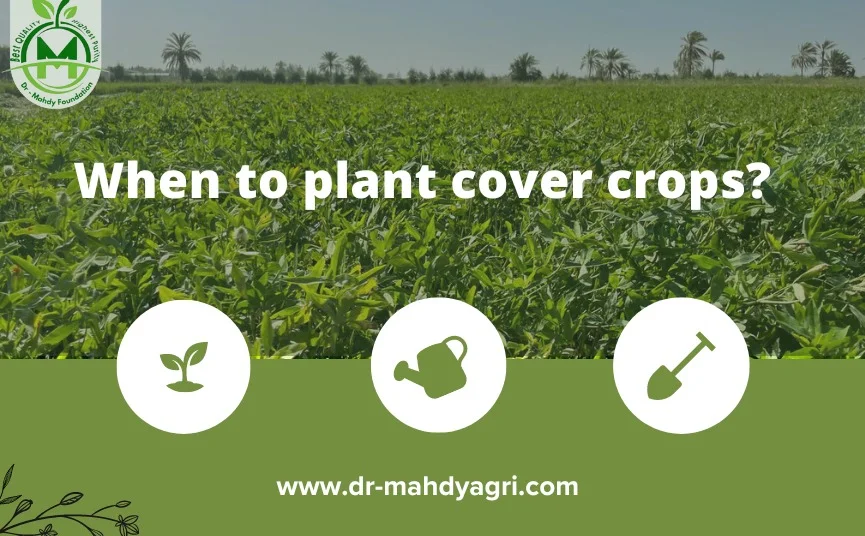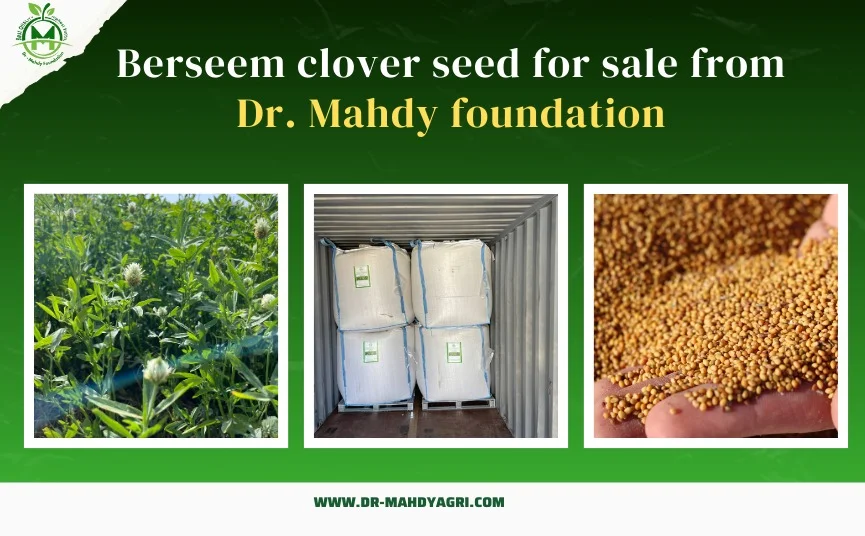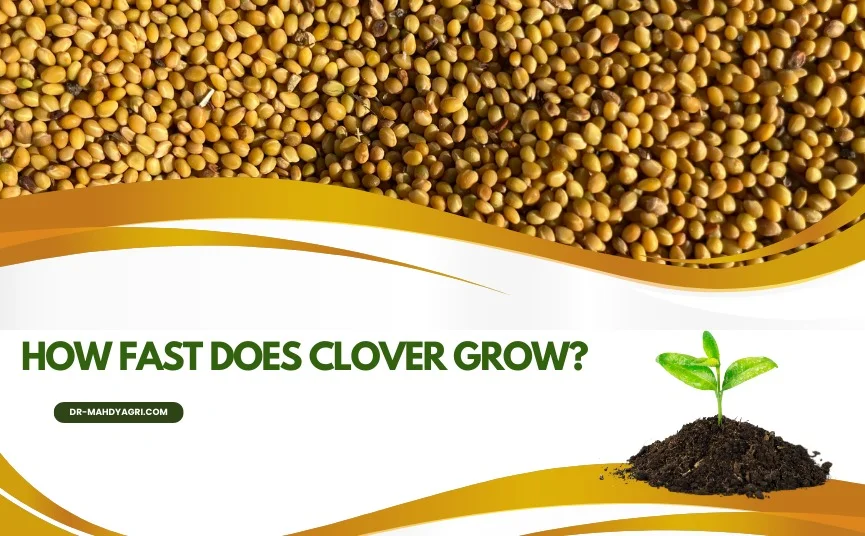

Introduction
In the realm of agriculture, soil health plays a pivotal role in determining the success of crops and the overall sustainability of farming practices. Soil, being the foundation of agriculture, requires utmost care and attention to ensure the well-being of plants and the environment. In this article, we will delve into the importance of soil health, its components, and the practices to maintain its fertility for the long-term benefit of farmers and the planet.
1. The Significance of Soil Health
1.1 The Vital Role of Soil in Agriculture
Soil serves as a critical resource for agriculture, providing essential nutrients and support to plant growth. A healthy soil ecosystem promotes better water retention, minimizes erosion, and aids in pest and disease management, ultimately leading to improved crop yields.
1.2 The Impact of Soil on the Environment
Healthy soil is also a champion in mitigating climate change. Properly managed soil can act as a carbon sink, effectively sequestering carbon dioxide and reducing greenhouse gas emissions, which helps combat the effects of global warming.
2. The Components of Healthy Soil
2.1 Organic Matter
Organic matter is a crucial component of healthy soil. It consists of decaying plant and animal materials that enrich the soil's nutrient content and foster beneficial microbial activity.
2.2 Soil Structure
The arrangement of soil particles influences its porosity and water-holding capacity. Good soil structure ensures proper aeration and drainage, providing an ideal environment for roots to thrive.
2.3 Soil pH and Nutrients
An optimal pH level in soil is essential for nutrient availability. Adequate levels of essential elements such as nitrogen, phosphorus, and potassium are vital for the proper growth and development of plants.
2.4 Soil Microorganisms
Soil is teeming with a diverse range of microorganisms. Beneficial bacteria and fungi aid in nutrient recycling, disease suppression, and the breakdown of organic matter, ensuring a healthy soil ecosystem.
3. Best Practices for Maintaining Soil Health
3.1 Crop Rotation
Crop rotation is a valuable technique in preventing soil nutrient depletion and controlling pests and diseases. By alternating crops, farmers can promote a balanced nutrient cycle and reduce the risk of soil-borne ailments.
3.2 Cover Cropping
Cover crops serve as a natural blanket for the soil, protecting it from erosion and compaction. Additionally, they contribute organic matter when incorporated into the soil, enhancing its fertility.
3.3 Reduced Tillage
Excessive tillage can disrupt the soil structure and cause erosion. Adopting reduced or no-till practices helps maintain the integrity of the soil and conserve its moisture content.
3.4 Composting
Composting is an eco-friendly way to recycle organic waste and create nutrient-rich humus for the soil. It replenishes essential nutrients and encourages the growth of beneficial microorganisms.
4. The Impact of Soil Health on Food Quality
Healthy soil translates to better food quality. Nutrient-rich soil fosters the development of nutritious crops, ensuring that the food we consume is packed with essential vitamins and minerals.
5. The Future of Soil Health
As we face the challenges of an ever-growing population and climate change, the significance of soil health becomes even more critical. Sustainable agriculture practices that prioritize soil health are essential for securing the future of our food systems and the environment.
Conclusion
Soil health is the bedrock of sustainable agriculture. By nurturing the soil through practices such as crop rotation, cover cropping, reduced tillage, and composting, we can ensure its long-term fertility and resilience. Investing in soil health is not only beneficial for farmers but also for the planet, as it plays a vital role in mitigating climate change. Let us embark on a journey towards a greener and healthier future by prioritizing and preserving the foundation of our agriculture - the soil.
FAQs
What is soil health?
Soil health refers to the overall condition and fertility of the soil, including its physical, chemical, and biological properties, which are crucial for supporting plant growth and sustainable agriculture.
Why is soil health important in agriculture?
Soil health directly impacts crop productivity, water retention, and pest control, making it essential for sustainable and successful farming practices.
How can farmers improve soil health?
Farmers can enhance soil health through practices such as crop rotation, cover cropping, reduced tillage, and the application of organic matter like compost.
Does soil health affect food quality?
Yes, soil health significantly influences food quality, as nutrient-rich soil leads to the production of more nutritious and healthier crops.
What is the future of soil health in agriculture?
With increasing challenges like climate change, prioritizing soil health in agriculture is crucial



